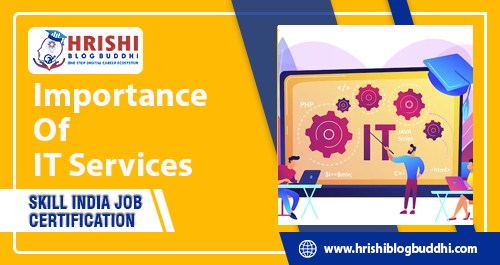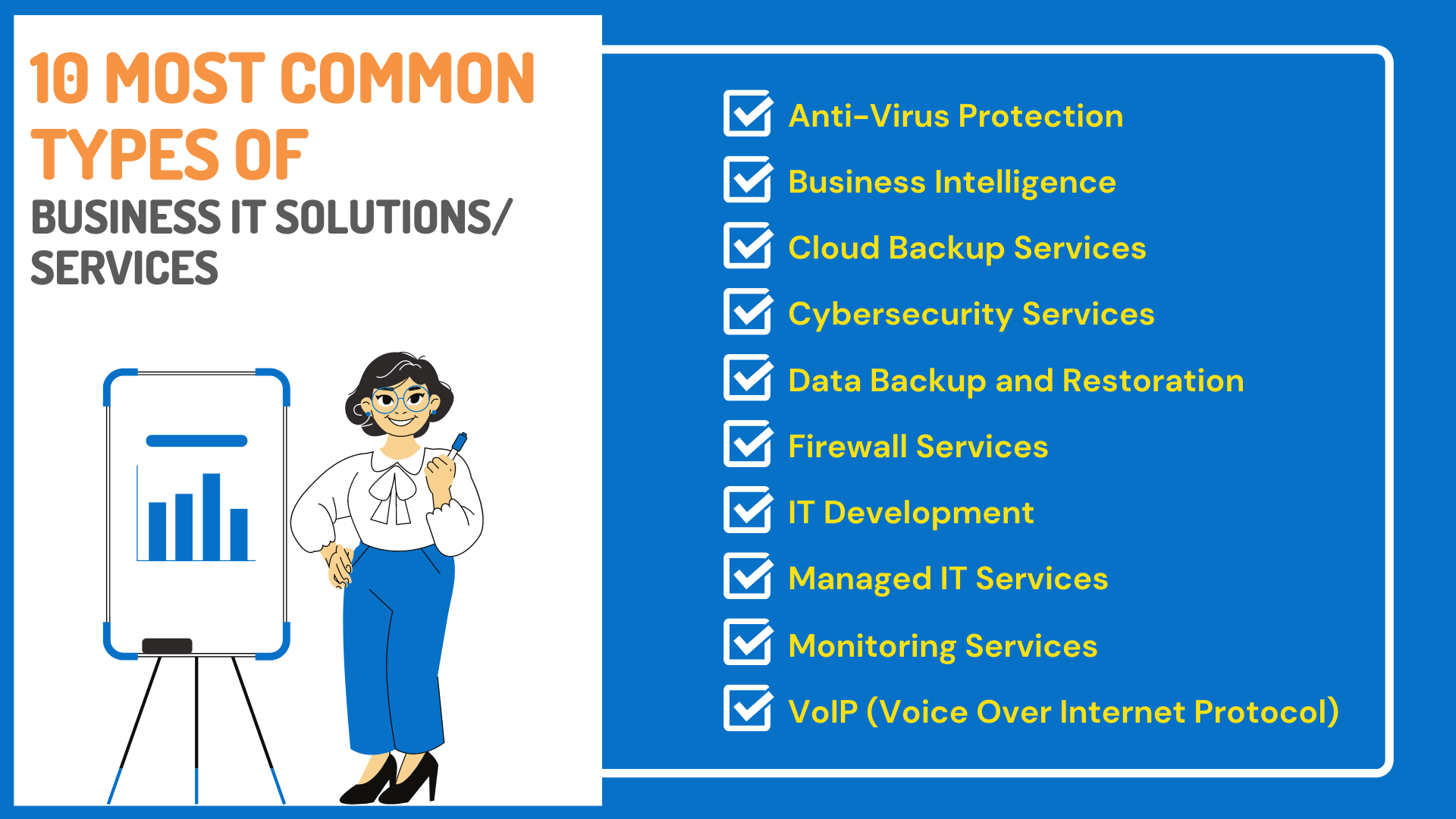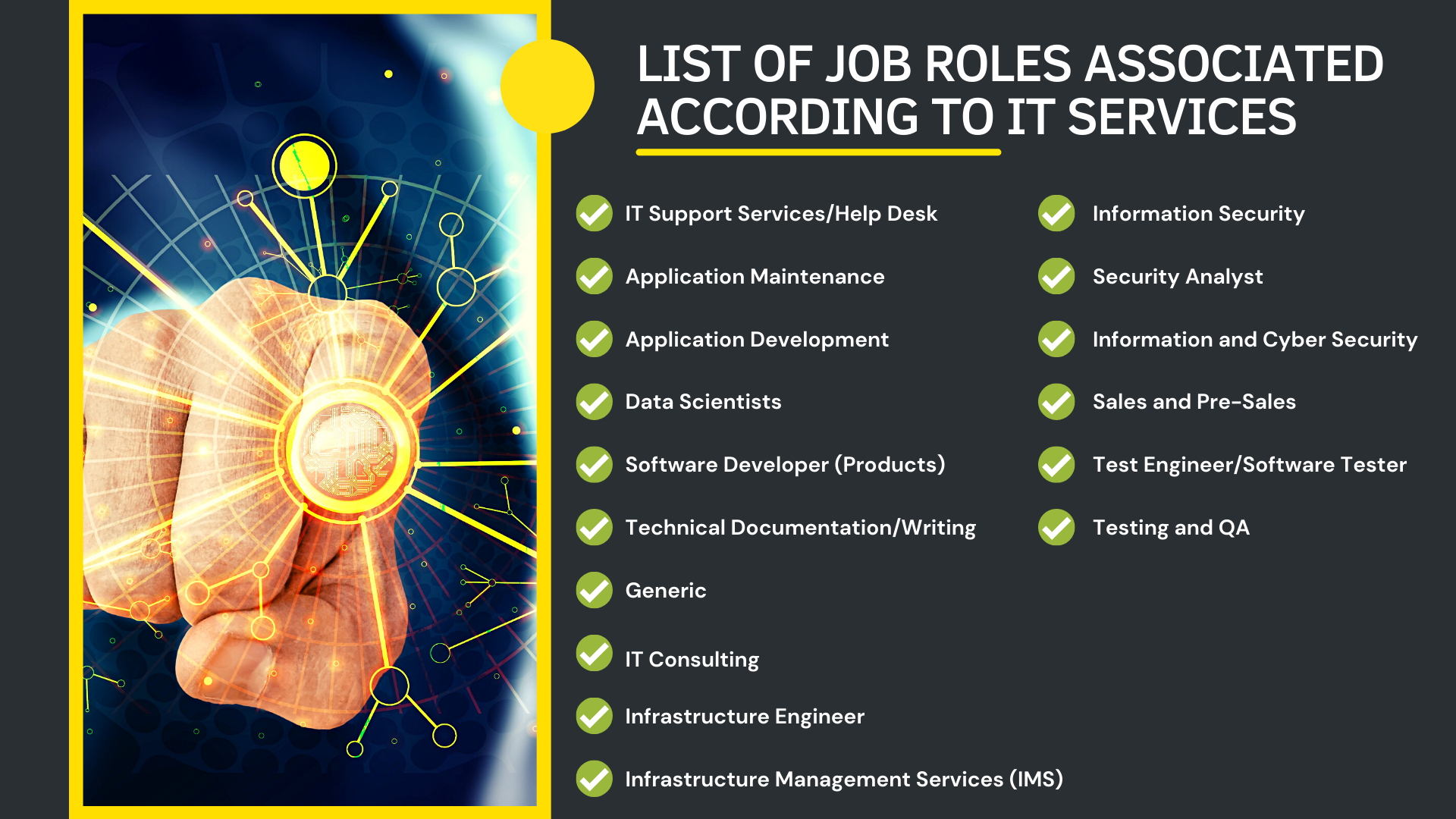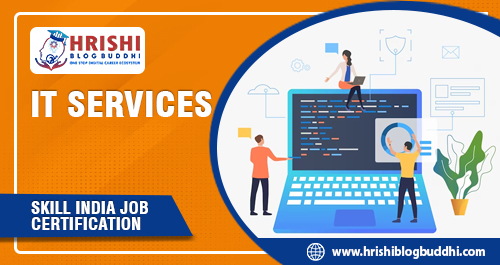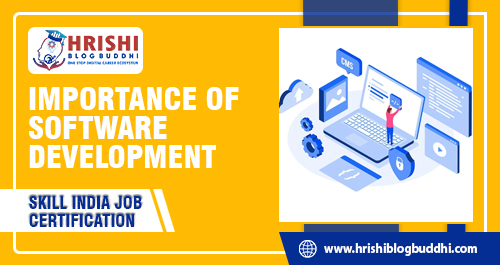IT Support Services/Help Desk – The ability to assist with any IT issues a person may have, that’s what the job role of IT support service demands. Whereas, the IT Helpdesk Responsibilities include: to support both customers and employees—providing them with solutions to product, service, or IT issues. To get more insights on the role and responsibilities, check out our blog post on What is IT Helpdesk Support? (+Key Insights You’ll Need Before Applying For The Job Role Of Domestic IT Helpdesk Attendant)
Application Maintenance – Application maintenance is the constant updating, modifying, analyzing, and re-evaluating of existing software applications. This is an on-going task carried out by the job title of Application Managers to ensure applications are always running to the best of their abilities. Application Managers who’re IT professionals deal with managing the software applications inside an enterprise. Application Managers aren’t typically involved with the development of applications; rather, they find out what certain applications are required to improve enterprise operations, and then supervise the installation, upgrading and daily maintenance of software applications used by a company.To get more insights on the role and responsibilities, check out our blog post on
Application Development – Application development goes via a process of planning, creating, testing, and deploying an information system, also referred to as the software development lifecycle. An application developer job role is an essential part of technical and/or project management teams responsible for making sure user needs are met through the deployment and updates of software. Application developers can be also found in other IT- ITeS industry sub sector. Besides IT Services it is also included in Business Process Management sub sector.The application developer could be responsible for operating with a team to deploy releases to internal or external customers. To get more insights on the role and responsibilities, check out our blog post on
Data Scientists – Data scientists make use of their statistical, analytical, and programming abilities to gather, analyze, and interpret large data sets. They then use this data to develop data-driven solutions to complex enterprise challenges. To get more insights on the role and responsibilities, check out our blog post on
Software Developer (Products) – Generally sitting inside the IT team of an enterprise, a Software Developer will be involved in liaising with the Business Analysts and Development Managers to make sure software projects meet the needs. To get more insights on the role and responsibilities, check out our blog post on
Technical Documentation/Writing – Documentation is the product of technical writing that alludes to various documents with product-associated data and information; it possesses the details about a technical product that is either already in use or under development. It can be printed or online. Technical documentation is created with the aid of Technical Writers in diverse industries, for instance, in medicine, engineering, IT and so on. To get more insights on the role and responsibilities, check out our blog post on
Generic
IT Consulting – IT (Information Technology) Consulting is an activity of advising on how to implement IT for a successful business objective achievement. The consulting can be given on any issue that involves IT by an IT Consultant. IT Consultants, also referred to as technology consultants, are contracted to work with commercial and industrial clients who are seeking advice and assistance about enterprise and IT issues. To get more insights on the role and responsibilities, check out our blog post on
Infrastructure Engineer – The role of Infrastructure Engineer involves being accountable for building, designing, deploying, and maintaining the IT infrastructure utilizing the newest technology. An IT infrastructure engineer makes sure each IT system that support enterprises of any size to operate proficiently. To get more insights on the role and responsibilities, check out our blog post on
Infrastructure Management Services (IMS) – IT infrastructure management service (IMS) is regarding administering and managing in a proactive way the technology, data and information. Its scope varies from the desktop to networking, data, storage, security and cloud-based services – not forgetting the people hired to maintain the entirety working. The Infrastructure Manager is accountable for the installation, maintenance, design, and retirement of the systems and personnel that are at the center of an organization. To get more insights on the role and responsibilities, check out our blog post on
Information Security – Information Security not only is regarding securing information from access that is prohibited. It’s the practice of preventing prohibited access, inspection, recording, use, modification, disruption, disclosure or data destruction. Information Security Analysts plan and carry out security measures to safeguard a company’s computer systems and networks. To get more insights on the role and responsibilities, check out our blog post on
Security Analyst – The Security analyst plays a critical role in keeping a company’s proprietary and sensitive data secure. He/she works inter-departmentally to determine and rectify flaws in the organization’s security systems, programs, and solutions while suggesting certain measures that can improve the organization’s overall security posture. To get more insights on the role and responsibilities, check out our blog post on
Information and Cyber Security – Cyber Security and Information Security are frequently used interchangeably, even among few of those in the security field. The two terms are not the same, however, they each address various sorts of security, and it’s crucial for any company that’s investing in a proper security framework. To get more insights on the role and responsibilities, check out our blog post on
Sales and Pre-Sales –In complex and enterprise organizations, presales activities are generally carried out by sales operations and presales support teams, also known as presales operations. Presales Consultants work closely with sales, engineering, technical support resources, and service to make sure proposed deals involve technical solutions that address needs of client. To get more insights on the role and responsibilities, check out our blog post on
Test Engineer/Software Tester – Test Engineers inspect and report on the products quality through the entire production cycle. Depending on the product, they may use various criteria to check quality, like durability, functionality, safety and speed. While Software Testers have a working knowledge of test design and software, the ability to analyze the results, and the capability to run through tests. To get more insights on the role and responsibilities, check out our blog post on
Testing and QA – Quality assurance (QA) testing is the process of making sure that your product is of the highest possible quality for your clients. QA is simply the techniques used to prevent problems with your service or software product and to make sure great user experience for your clients. QA Tester also known as a QA Engineer, Software Tester, or Software Test Engineer, a Quality Assurance (QA) Tester develops test plans to test new and existing software, debug code, and improve the usability of software programs. A QA Tester works with the team of development to generate top-quality software.


